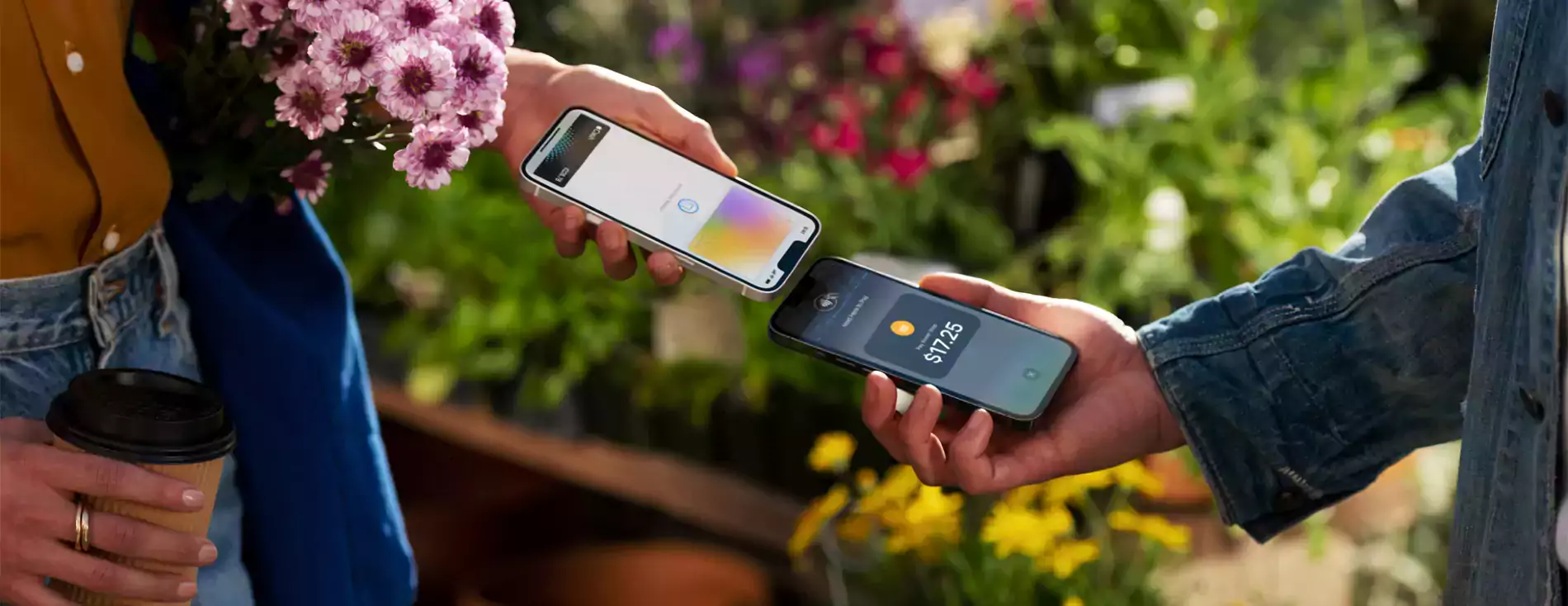Adyen is working with Apple to offer Tap to Pay on iPhone for its U.S. customers later this year. The solution allows Adyen’s U.S. customers to use their iPhones to accept contactless payments, without the need to purchase or manage additional hardware or payment terminals.
Adyen is working with enterprise customers and commerce platforms, such as Lightspeed Commerce and NewStore, to bring the feature to even more businesses. With Adyen’s support, NewStore will pilot the new capability with its customer Vince.
“Lightspeed is known for providing the latest technology to our merchants so they have the most impactful tools to run their business. Partnering with Adyen to provide Tap to Pay on iPhone is a huge win for our U.S. customers,” said Jona Georgiou, GM, Payments and Financial Services at Lightspeed.
“This feature gives merchants even more checkout options to provide amazing customer experiences.”
Apple ‘Tap to Pay on iPhone’ will allow businesses to accept payments directly on their iPhones, allowing your iPhone to become a contactless payment terminal, without any extra hardware required.
“Adyen has been at the forefront of innovation with NewStore since our inception. Together, we have already put iPhones in the hands of thousands of store associates. Now, these devices can become payment terminals with no additional hardware,” said Stephan Schambach, Founder and CEO of NewStore.
“By bringing Tap to Pay on iPhone to our growing list of shared customers, NewStore and Adyen will provide a more convenient, seamless, and secure payment experience for both associates and consumers.”
The new service will initially kick off in the US (no surprise there) and will empower millions of merchants, from small businesses to large retailers, to use their iPhone to seamlessly and securely accept Apple Pay, contactless credit and debit cards, and other digital wallets through a simple tap to their iPhone — no additional hardware or payment terminal needed.
Tap to Pay on iPhone is available for payment platforms and app developers to integrate into their iOS apps and offer as a payment option to their business customers.
Once Tap to Pay on iPhone becomes available, merchants will be able to unlock contactless payment acceptance through a supporting iOS app on an iPhone XS or later device. At checkout, the merchant will simply prompt the customer to hold their iPhone or Apple Watch to pay with Apple Pay, their contactless credit or debit card, or other digital wallet near the merchant’s iPhone, and the payment will be securely completed using NFC technology.
No additional hardware is needed to accept contactless payments through Tap to Pay on iPhone, so businesses can accept payments from wherever they do business.
“In-person payments are evolving and customers are asking for a reliable, affordable, and easy to scale mobile payment solution with a simplified integration,” said Kamran Zaki, COO at Adyen.
“So it made sense to offer Tap to Pay on iPhone to our customers. With many businesses increasingly equipping their employees with iPhones to better serve their shoppers, this product will further streamline the checkout processes for shoppers. Tap to Pay on iPhone is going to be a great solution for our customers looking to create even better in-person experiences.
This builds on our longstanding support for Apple Pay since 2014 which we enable for online and in-store transactions globally. We’re excited to continue working with Apple to enable another easy and secure payment solution with Tap to Pay on iPhone.”
Apple Pay is already accepted at more than 90 percent of US retailers, and with this new capability, virtually every business, big or small, will be able allow their customers to Tap to Pay on iPhone at checkout.
Tap to Pay on iPhone will also roll out to Apple Store locations in the US later this year.
With Tap to Pay on iPhone, customers’ payment data is protected by the same technology that makes Apple Pay private and secure. All transactions made using Tap to Pay on iPhone are encrypted and processed using the Secure Element, and as with Apple Pay, Apple doesn’t know what is being purchased or who is buying it.



